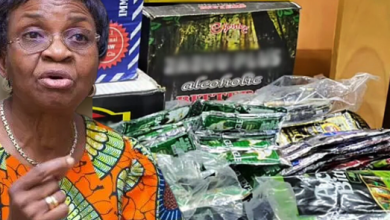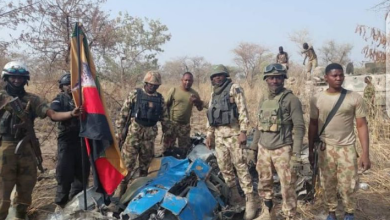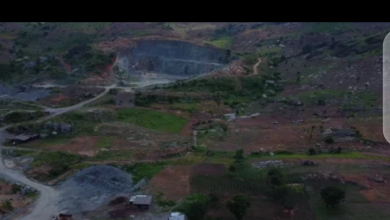Ex -Task Force Commander explains why kidnap rescues don’t always lead to arrests

Former Field Commander of the Joint Task Force, Operation Safe Haven, Major General Anthony Magnawa Atolagbe (Rtd.), has urged Nigerians to temper expectations regarding rescue operations.
He stressed that not every mission results in the arrest or elimination of kidnappers.
He emphasised that the primary goal of such operations is to save lives, and the complexities of field engagements often prevent immediate capture of criminals.
Speaking in an interview with Arise News on Tuesday, Atolagbe addressed public concerns over recent rescue missions where abducted schoolchildren were released without any arrests.
“It is not in every case that you will have neutralized abductors.
“What plays out on the field is not paperwork. A lot happens when you interact with people of this nature,” he said.
The retired commander distinguished rescue missions from conventional combat operations, explaining that they are fundamentally different in approach and risk.
“It’s not as if we are fighting a war against these guys; we are going on a rescue mission,” he said.
Atolagbe referenced a 2002 hostage crisis in Russia to illustrate the dangers involved, noting that improper tactics in that situation led to multiple civilian casualties.
Highlighting the operational challenges, Atolagbe explained that kidnappers often position themselves among hostages, severely limiting troops’ ability to engage without endangering innocent lives.
“You want to get the children out safe and alive. When you meet these people inserted between the children, what do you do?.
“Would you insist on capturing them, or leave them for a later date since you already know where they operate?”
He underscored that such decisions fall to the judgment of commanders on the ground.
“The commander on the ground has the best initiative at that moment to decide what to do and what not to do,” he said.
Commenting on the recent kidnappings in Kwara State, Atolagbe noted that attacks can occur anywhere due to Nigeria’s limited surveillance capabilities.
“The conflict environment, what we call the protection environment is very fluid.
”You can’t say it will happen here today or not happen there tomorrow.
”We don’t have the technology to cover the entire space,” he said.
The retired general welcomed President Bola Tinubu’s directive to withdraw police personnel from VIP protection duties, highlighting that the move will free up about 100,000 officers for broader security deployment.
He described the area affected in Kwara as highly vulnerable, noting that the latest abduction was opportunistic.
“Vigilantes confronted them and sent them away, but as they escaped, they ran into some vehicles and took the passengers. It was an opportunity-type capture,” he said.
Atolagbe supported plans for a 24-hour security cordon in Kwara and Niger forests, complemented by expanded Air Force surveillance.
“The Air Force has aircraft that can capture pictures on the ground and relay them straight to the operations room.
”The same goes for drones depending on the number you deploy,” he said.
He also identified potential international support as a critical factor in improving security. “What I also see as a likely game-changer is America coming to our support.
”They have adequate information on the entire space covering the locations of these bandits.
”If they provide this information, it will be like walking straight in on them,” Atolagbe said.



